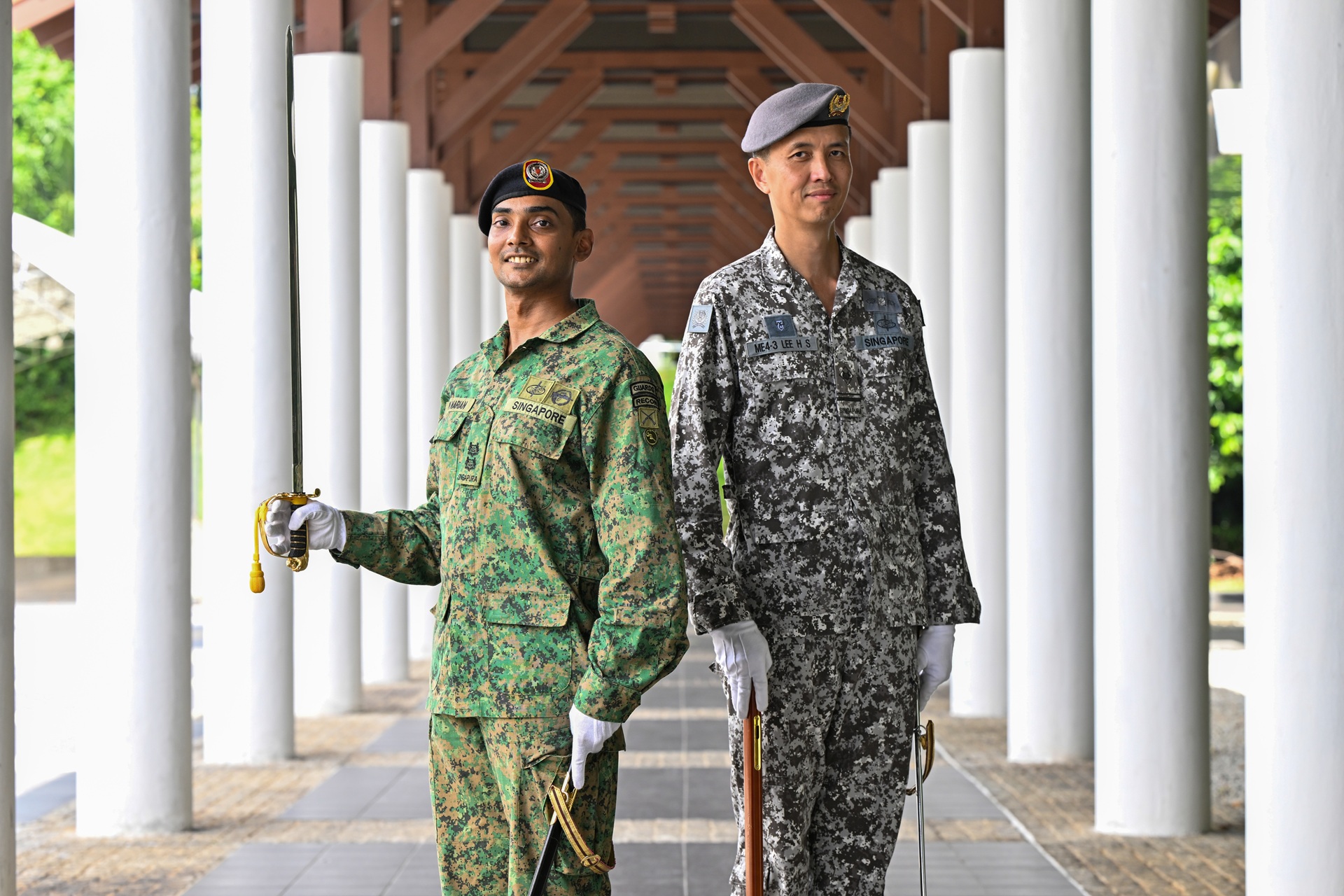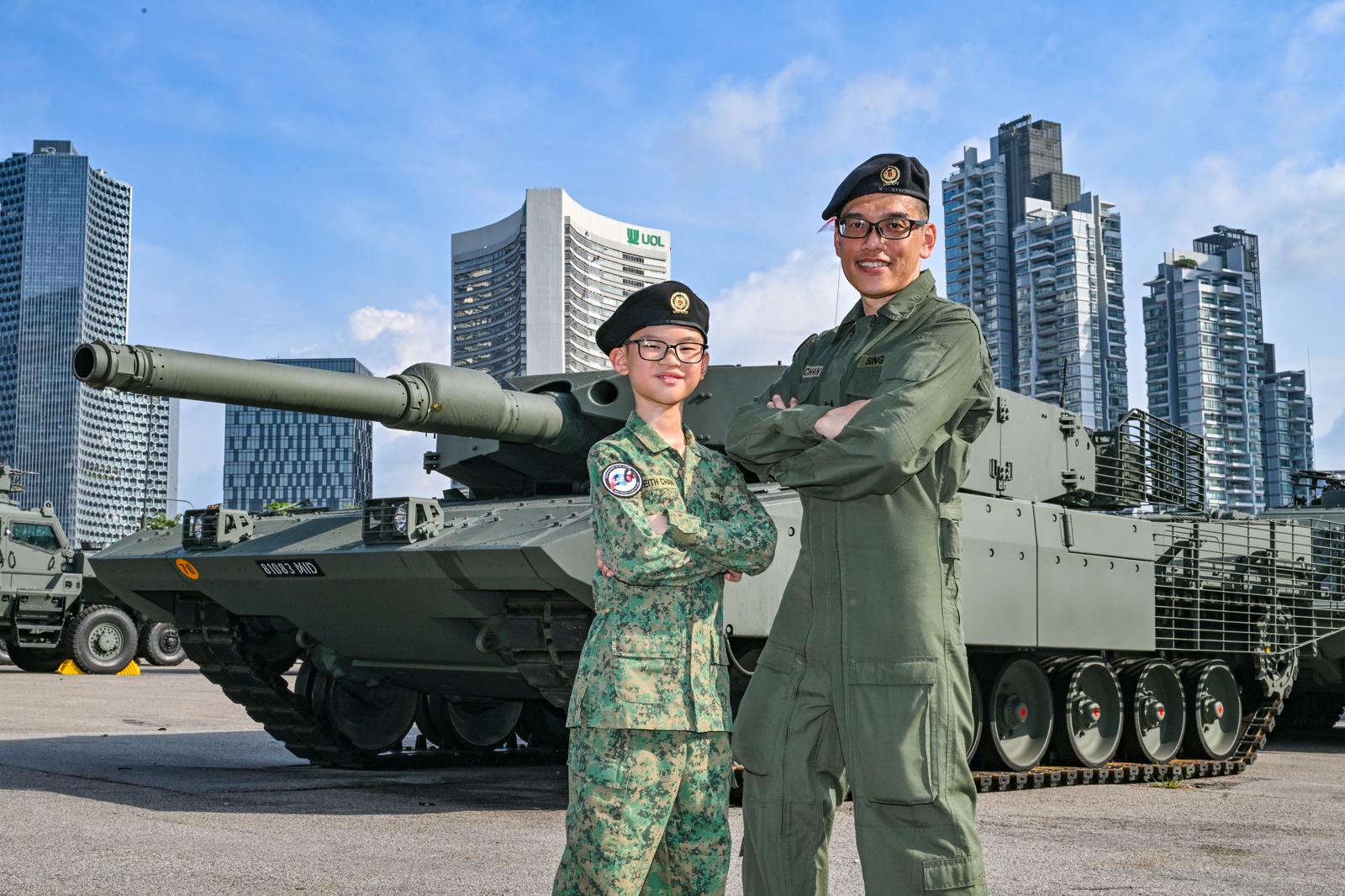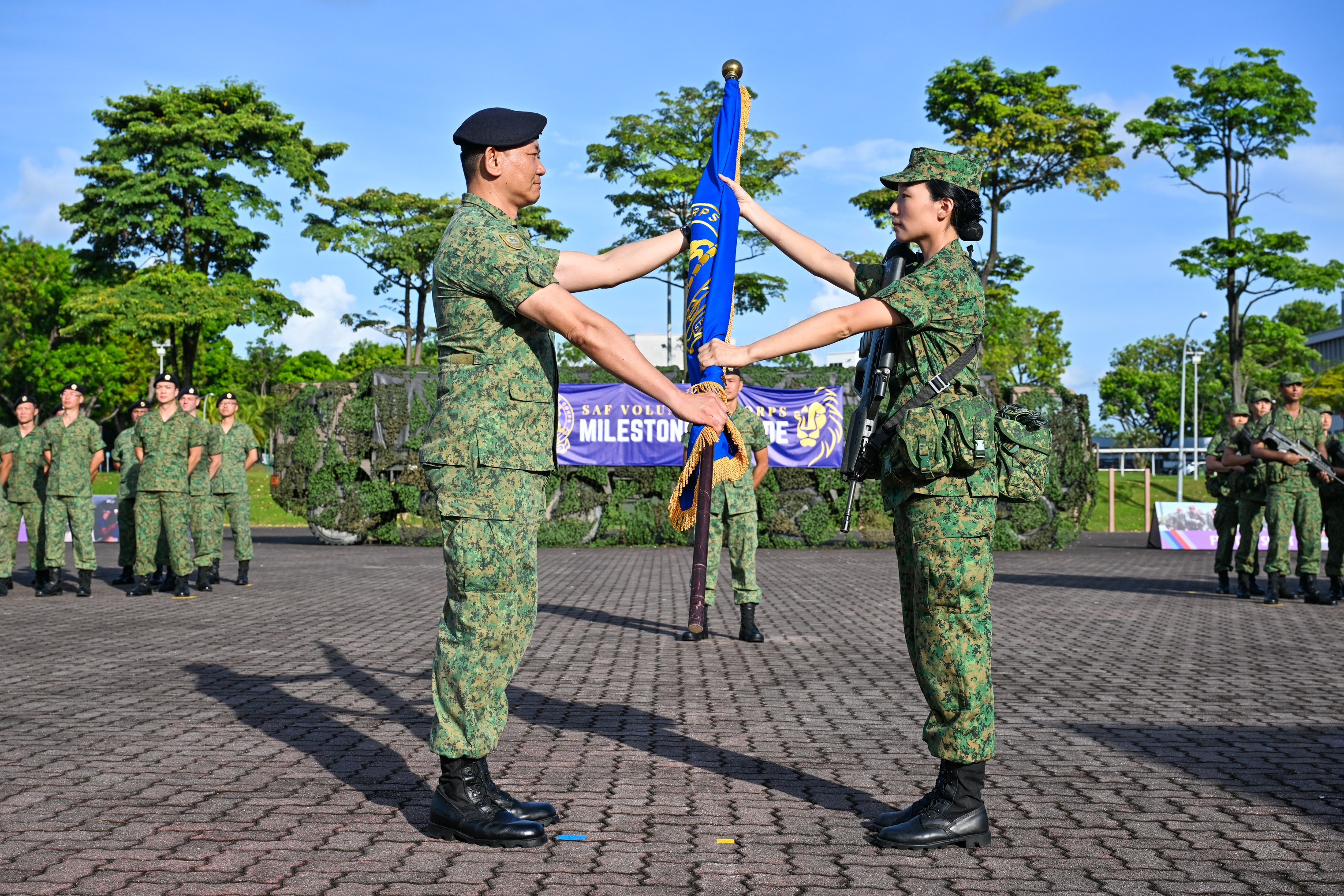10 YEARS OF DIALOGUE
PHOTO // PIONEER Photographers
The 10th Shangri-La Dialogue was held from 3 to 5 Jun. PIONEER looks at the significance of the forum and the key issues discussed this year.
It was a festive night at the Istana on 4 Jun, as defence ministers and top officials from close to 30 countries gathered for a dinner to mark the 10th Shangri-La Dialogue.
Since it first convened in 2002, the Dialogue has been attracting a growing number of high-level representatives from countries in the region and beyond.
Significantly, this year was the first time that the People's Republic of China sent their Minister of National Defense General Liang Guanglie to attend the Dialogue.
As an informal forum for defence ministers from the region to discuss issues on regional security and defence cooperation, the Dialogue has produced tangible results over the years.
The Eyes in the Sky initiative, which sees joint air patrols of the Straits of Malacca and Singapore by Indonesia, Malaysia, Singapore and subsequently Thailand, was launched in September 2005, three months after it was proposed at the Dialogue in June that year.
This year's Dialogue also saw many participating countries expressing support for the establishment of the ASEAN Defence Ministers' Meeting-Plus (ADMM-Plus), which they noted was timely and relevant for enhancing regional peace and security.
The concept of an ADMM-Plus was mooted at the inaugural ADMM in 2006, and the first ADMM-Plus was held last October in Hanoi, Vietnam.
Cooperate and communicate
At this year's Dialogue, cooperation was the common theme in the various plenary sessions.
In his keynote address at the opening dinner on 3 Jun, Malaysia Prime Minister Dato' Sri Mohd Najib Tun Abdul Razak noted how economies in the 21st century are so interdependent that national interest is becoming more about collective interest.
"The way ahead, I have no doubt, must be built on cooperation and not on confrontation - and for that, every region, every country, every leader here today must play their part," he said in his speech.
Minister for Defence Dr Ng Eng Hen echoed this view in his speech during the sixth plenary session on 5 Jun, on Building Strategic Confidence and Avoiding Worst-case Outcomes.
He spoke about the need for a more open and inclusive regional architecture with ASEAN at its fulcrum, and elaborated on the principles underpinning this architecture.
They are: a commitment to open, inclusive dialogue; cooperation based on mutual respect and confidence-building exercises; and the resolution of differences peacefully in accordance with international law.
The Shangri-La Dialogue is an example of a forum that is based on such principles, said Dr Ng, where representatives from various countries can have candid discussions, build goodwill, clarify views and explore new ways to enhance security.
Practical defence cooperation
Dr Ng also proposed building strategic confidence by practical defence cooperation through military exercises and exchanges which facilitate information sharing and enhance transparency.
Joint exercises such as those under the ambit of the Western Pacific Naval Symposium, the Five Power Defence Arrangements and the ASEAN Regional Forum, as well as operational mechanisms such as the Malacca Strait Patrols are examples of military cooperation in the region.
According to Dr Ng, such exchanges "build up personal ties among regional militaries and reduce the likelihood of misunderstanding or miscalculation".
He added: "Even if tensions exist, especially if an incident takes place, personal ties built up among armed forces and their leaders provide a basis to communicate, and back down from the edge of conflict."
From talk to action
During his keynote address, Dato' Sri Najib called for the setting up of a Regional Rapid Response Team to cope with disasters that strike in the region.
In response, Dr Ng commented during a doorstop interview that he welcomed the proposal.
"It's (the Regional Rapid Response Team) a very sensible idea, because no one country, if the scale of the disaster is large, will have the capacity to respond quickly and decisively enough," he said.
He added that ministers at the Dialogue looked forward to having the ADMM-Plus Experts' Working Group on Humanitarian Assistance and Disaster Relief explore ways to enhance regional collective capacity to deal with natural disasters. The group is chaired by Vietnam and China.
Organised by the International Institute for Strategic Studies (IISS), the Shangri-La Dialogue comprises various plenary sessions, closed-door meetings and private luncheons hosted by Singapore.
On the sidelines of the Dialogue, Dr Ng met various ministers including Australia's Minister for Defence Stephen Smith, the Republic of Korea s Minister of National Defense Kim Kwan Jin, the United Kingdom's Secretary of State for Defence Dr Liam Fox and Vietnam's Minister of National Defence General Phung Quang Thanh.
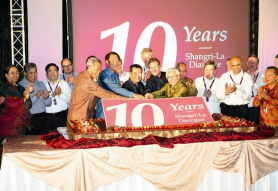
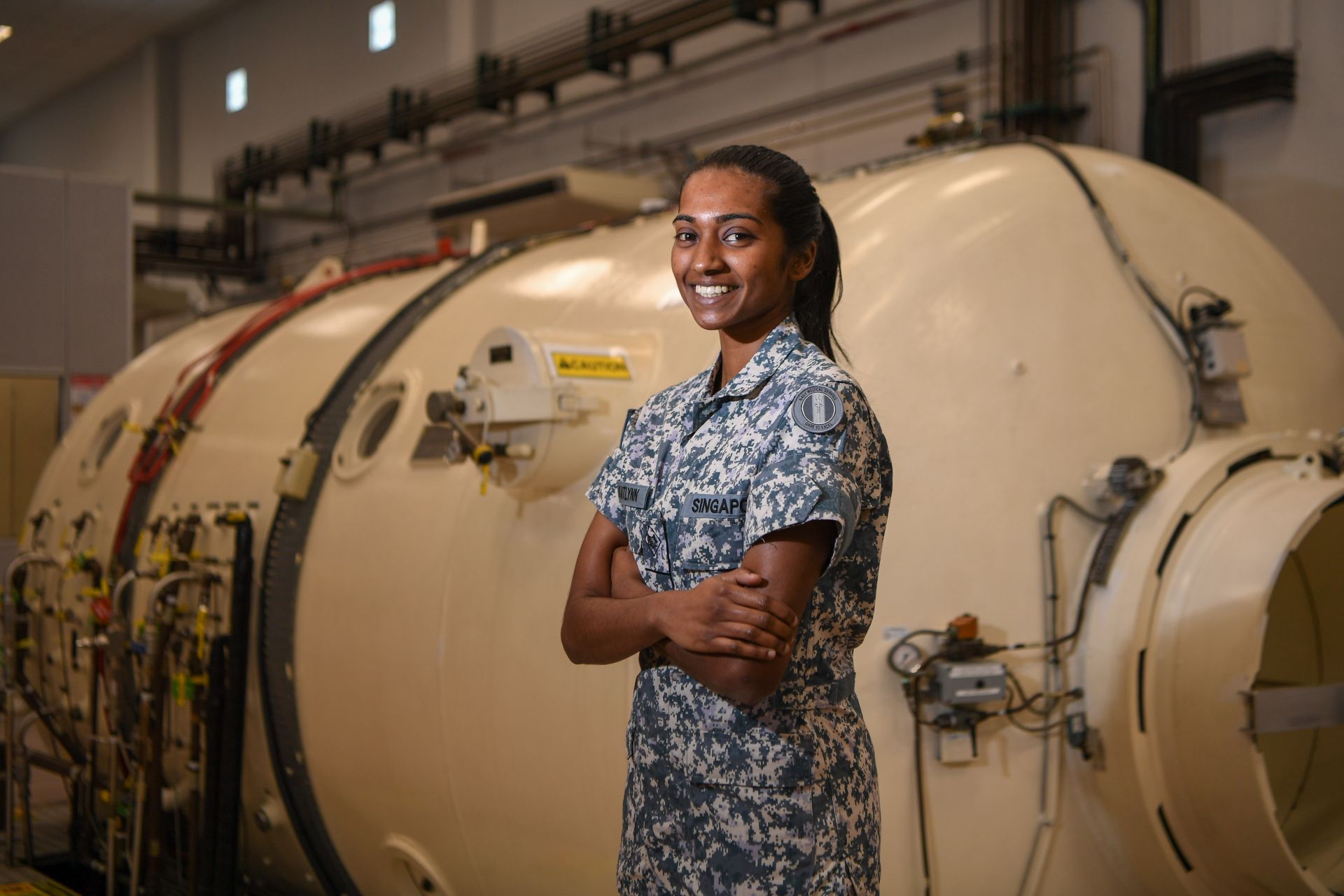
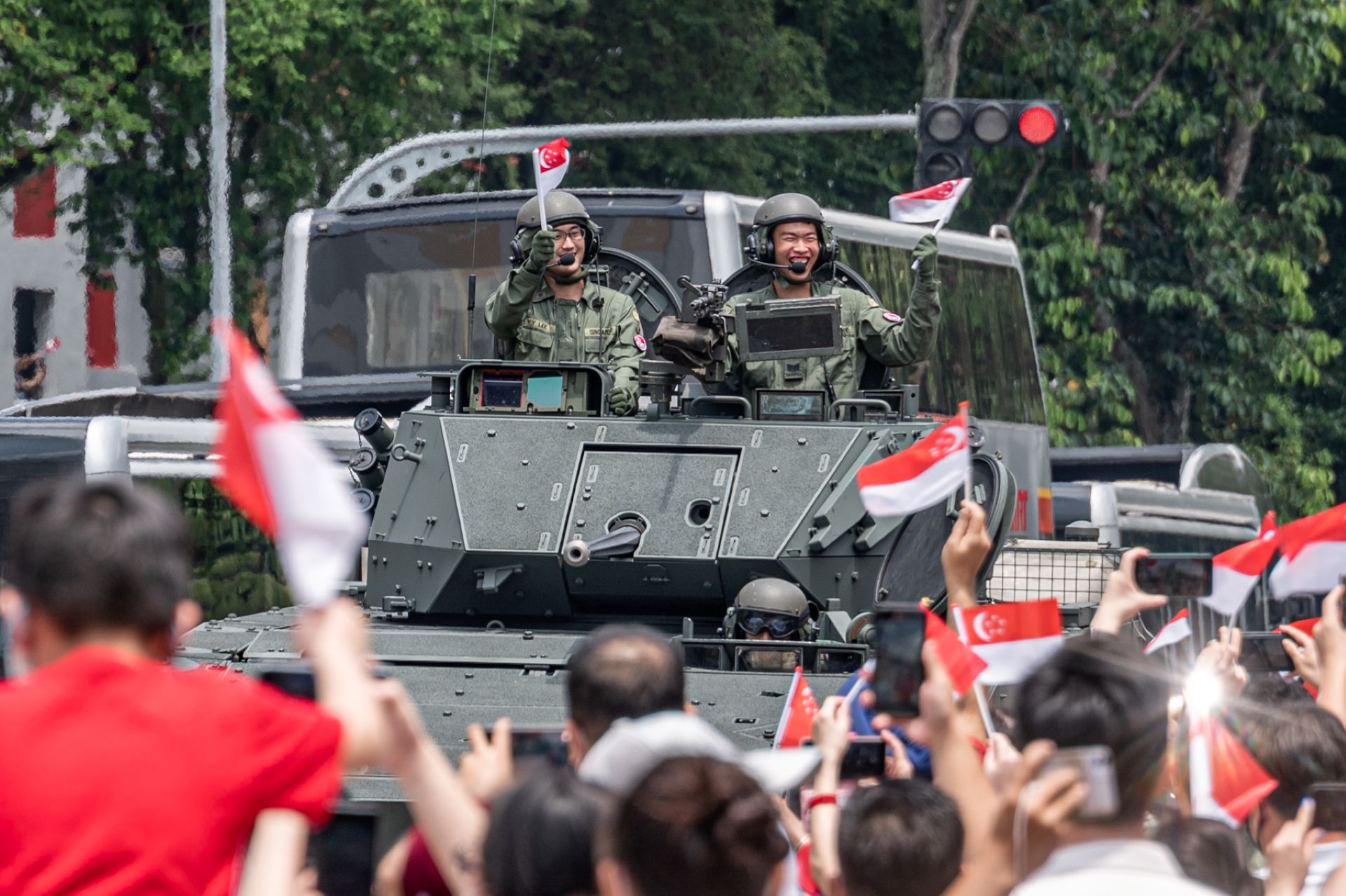
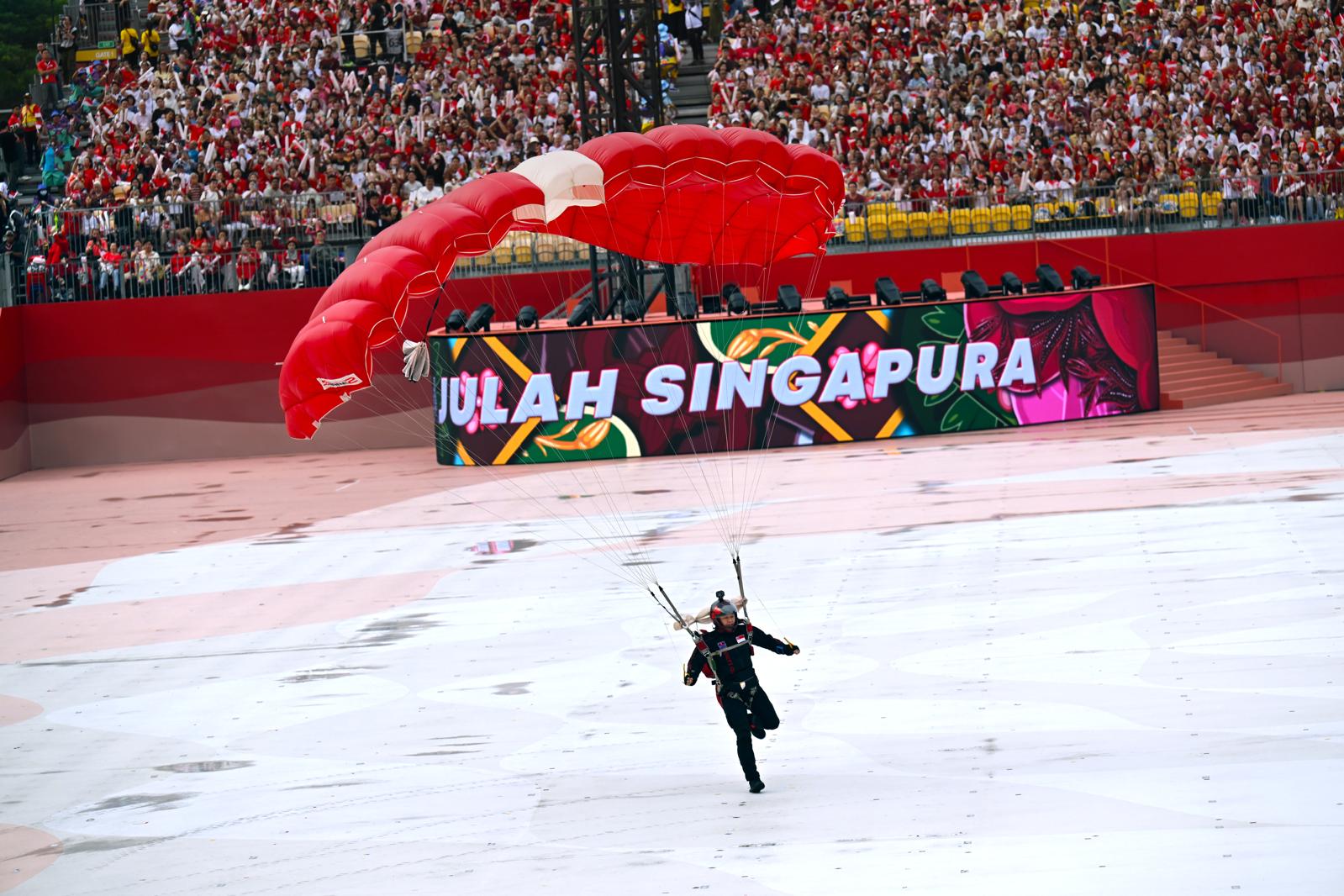
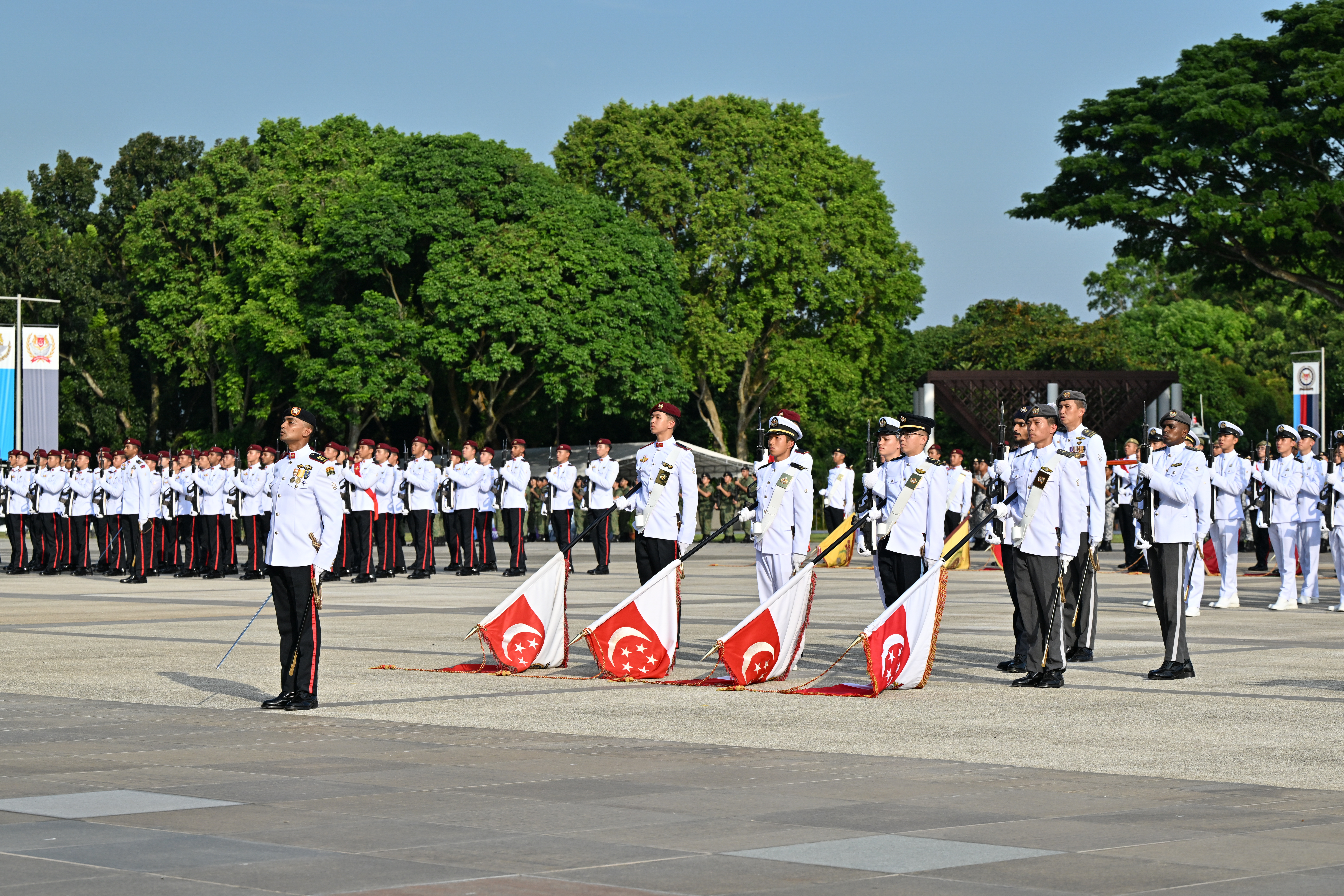
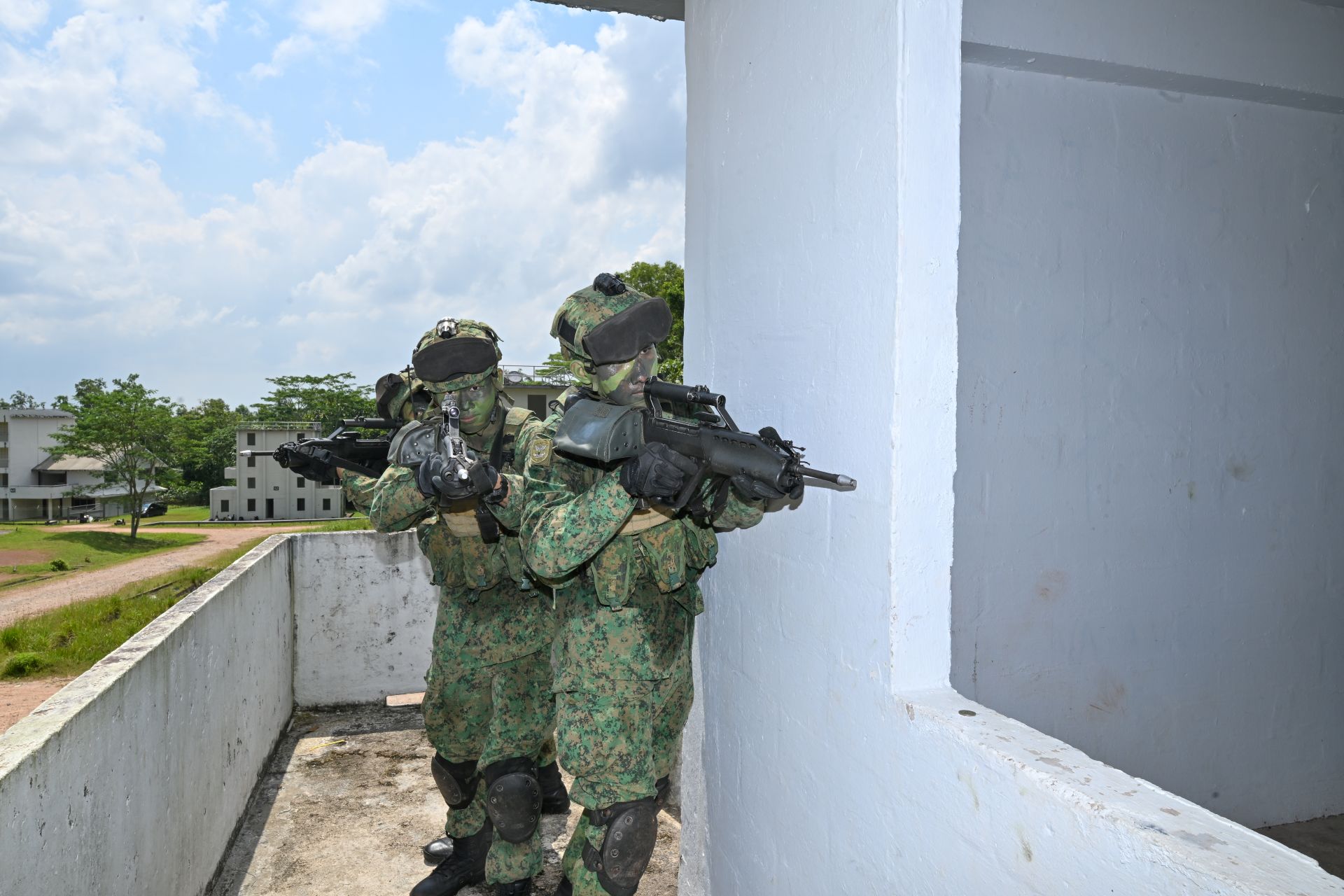
.jpg?sfvrsn=b5383902_1)
.jpg?sfvrsn=4eb1b86e_1)
